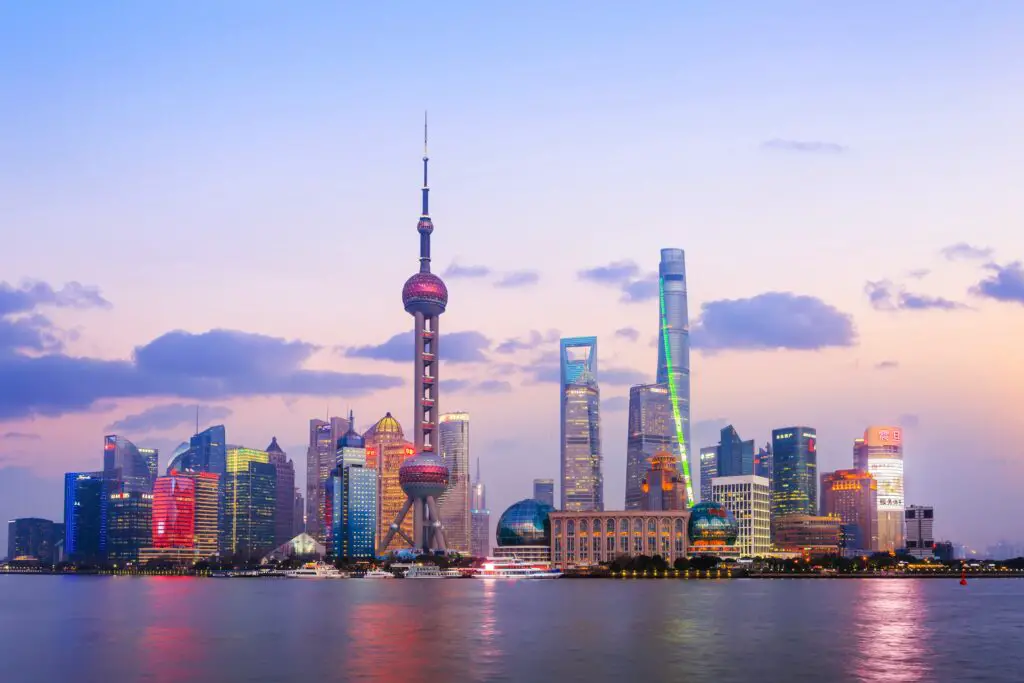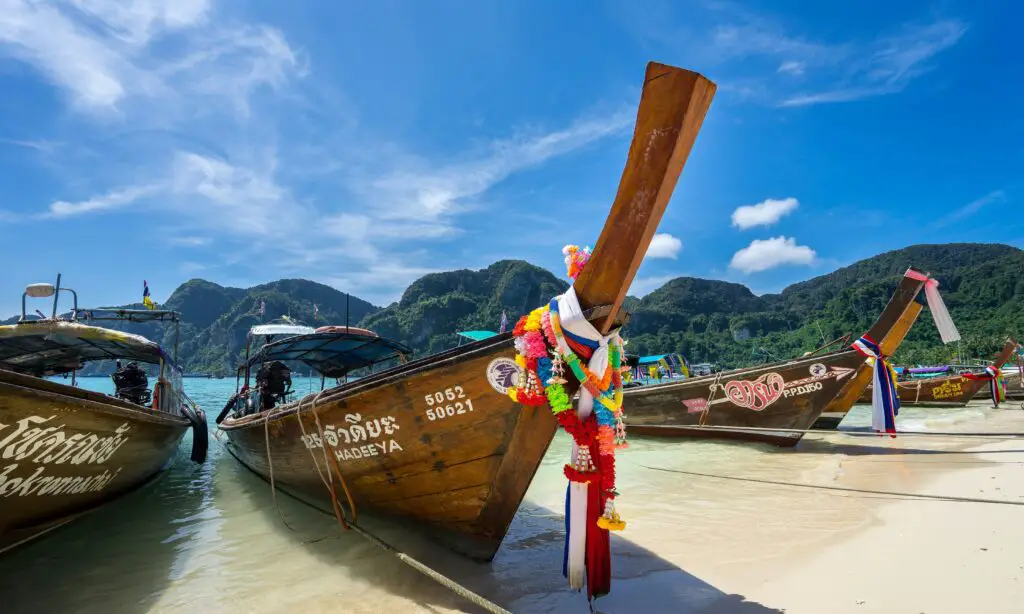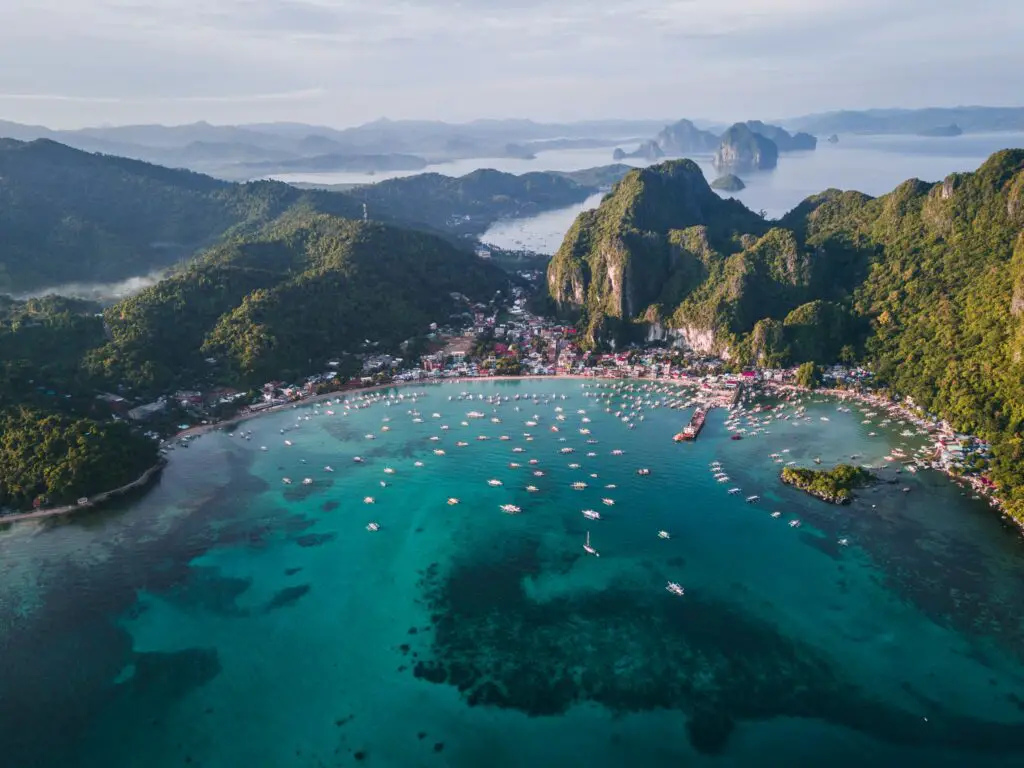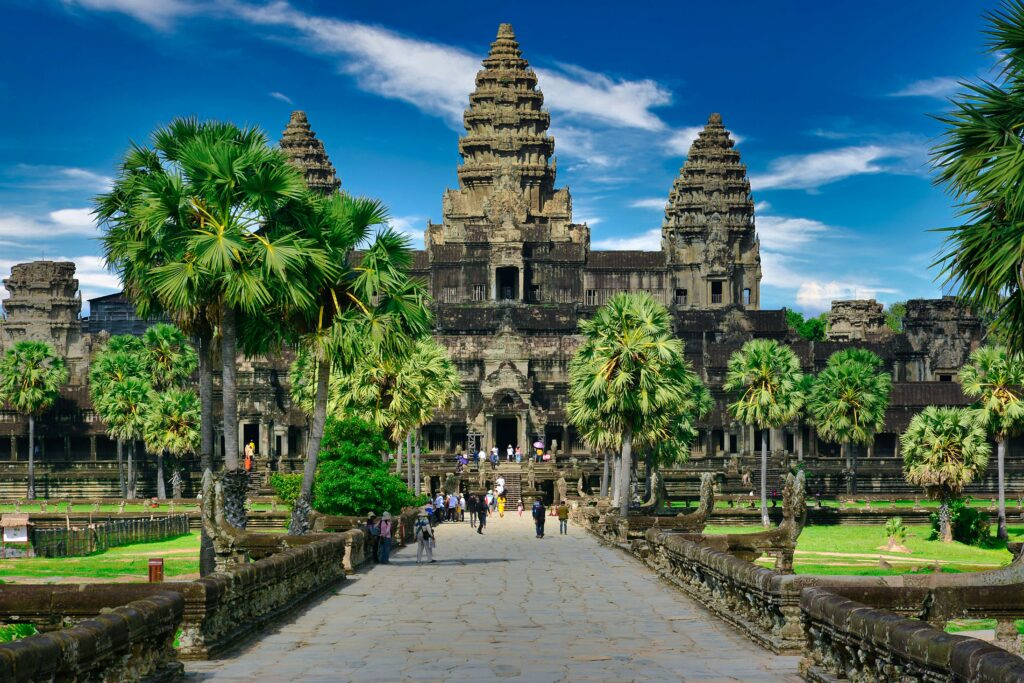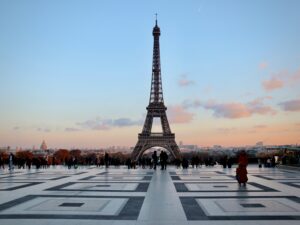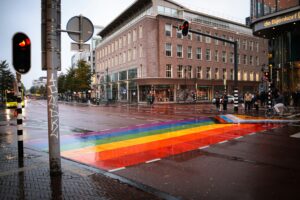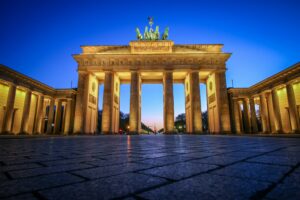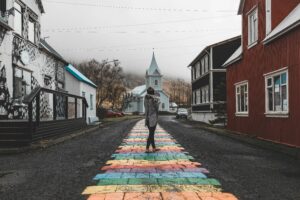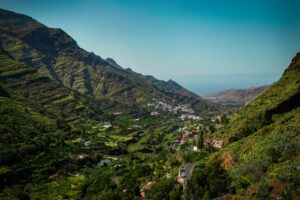Asia, a continent rich in diversity and culture, offers a range of destinations that are increasingly embracing LGBTQ+ travelers. This guide aims to shine a light on the most gay-friendly destinations across Asia, highlighting where our LGBTQ+ community can find the warmest welcomes and the most supportive environments.
To rank a destination as LGBTQ+ friendly, several criteria are considered. Key factors include the legal status of homosexuality, the presence of anti-discrimination laws, the availability of civil partnerships or marriage equality, and the country’s overall social acceptance of our LGBTQ+ community. Additionally, the scale and vibrancy of LGBTQ+ events, such as pride parades and festivals, along with the existence of gay-friendly establishments, contribute to a destination’s ranking. The presence of active LGBTQ+ advocacy groups and community support networks also plays a crucial role.
In Asia, the journey towards full LGBTQ+ rights and acceptance varies significantly by country, with some regions leading the way in legal protections and societal acceptance, while others are just beginning to make progress. From the bustling streets of Bangkok, Thailand, with its dynamic gay nightlife and celebrated pride events, to the historical and serene beauty of Kyoto, Japan, where tradition meets progressive LGBTQ+ rights initiatives, this guide brings you the ultimate list of gay destinations.
Taiwan
Taiwan stands as a beacon of progress in Asia for LGBTQ+ rights and acceptance. The island nation has a rich history of support for our LGBTQ+ community, culminating in the landmark achievement of becoming the first country in Asia to legalize same-sex marriage on May 24, 2019. This historic move followed a Constitutional Court ruling in 2017, affirming the rights of same-sex couples and setting a precedent for LGBTQ+ equality in the region.
The legal landscape for LGBTQ+ individuals in Taiwan is among the most progressive in Asia. Same-sex sexual activity has always been legal, with the age of consent being 16, irrespective of sexual orientation or gender identity.
Taiwan’s capital, Taipei, is the epicenter of the LGBTQ+ scene, hosting Asia’s second-largest Pride celebration, Taipei Pride. With an estimated attendance that has soared over the years, the city has earned the nickname ‘San Francisco of the East’ for its welcoming and inclusive atmosphere. Ximending, in particular, is recognized as Taipei’s gay village, offering a diverse array of gay bars, especially around The Red House, and becoming a vibrant hub for our LGBTQ+ community.
Beyond the legal and social advancements, Taiwan offers a rich tapestry of experiences for travelers, from the architectural wonders of Taipei 101 to the natural beauty of its mountainous landscapes and beaches. The island’s climate is tropical, with the best times to visit being spring (April–June) and fall (September–November) for pleasant weather and avoidance of the typhoon season. Taiwanese cuisine is a draw in itself, featuring influences from Japanese and Chinese traditions.
As a trailblazer for LGBTQ+ rights in Asia, Taiwan is a must-visit destination for anyone looking to explore one of Asia’s most dynamic and progressive countries.
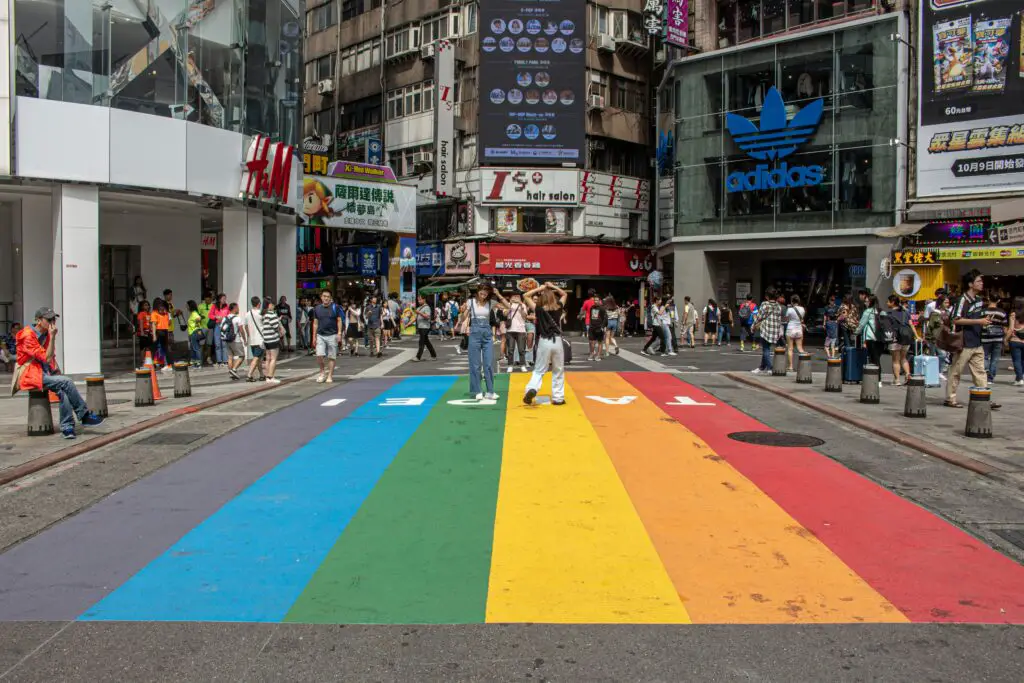
Thailand
Thailand stands on the cusp of a significant evolution in LGBTQ+ rights, especially with recent moves towards legalizing same-sex marriage. A landmark moment was reached when Thai lawmakers approved the bill on marriage equality on the 27th of March 2024. This shift towards inclusivity reflects the nation’s vibrant LGBTQ+ community, well-known for its openness despite existing conservative laws.
The history of LGBTQ+ rights in Thailand paints a complex picture. While the country has a long-standing history of LGBTQ+ acceptance, documented as far back as the Ayutthaya period, the legal protections for the LGBTQ+ community have seen significant advancements only in recent years, such as the enactment of a comprehensive anti-discrimination law in 2015.
Bangkok recently witnessed its first LGBTQ+ march, Bangkok Pride, in years, signaling a robust community presence and a push for increased rights for same-sex couples. The gay scene in Phuket, centered around the Paradise Complex, offers a vibrant nightlife with bars, clubs, and entertainment venues.
This evolving landscape of LGBTQ+ rights and acceptance, combined with the allure of Thailand’s natural and cultural offerings, makes it a compelling destination for LGBTQ+ travelers seeking both celebration and relaxation in a welcoming environment.
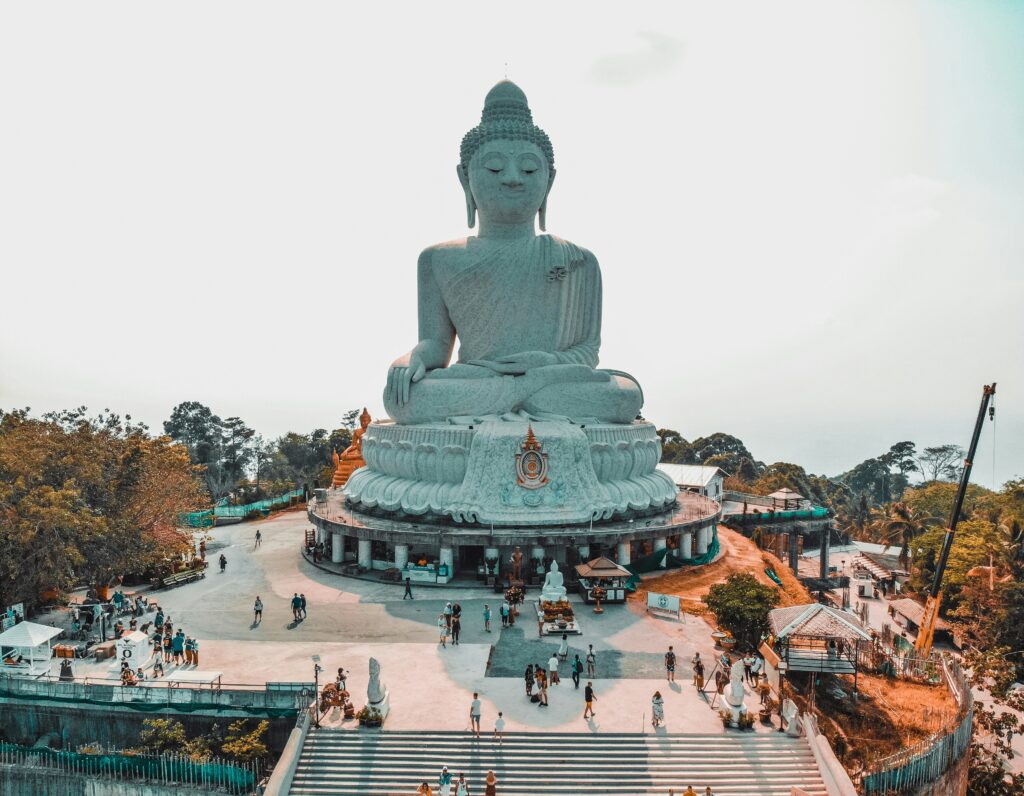
Japan
Japan’s relationship with LGBTQ+ rights and culture presents a unique blend of historical acceptance intertwined with contemporary challenges. Historically, Japan has recognized same-sex relationships and affection in various forms, dating back to ancient times. This historical acceptance has evolved into a modern landscape where our LGBTQ+ community enjoys a degree of visibility, especially within the metropolises like Tokyo and Osaka.
Legal protections for LGBTQ+ individuals in Japan are less comprehensive compared to other developed nations, although progress has been evident in recent years. For instance, same-sex sexual activity has never been a crime in Japan’s long history, except briefly between 1872 and 1881. Today, Japan has no laws against homosexuality, and the age of consent is uniformly set at 16, irrespective of gender or sexual orientation.
Despite these aspects of social acceptance, Japan faces resistance towards marriage equality, particularly from religious and conservative groups. This resistance is informed by both local and foreign ideologies, reflecting a complex interplay between traditional values and contemporary rights movements. The lack of legal recognition for same-sex marriages means that LGBTQ+ individuals and couples do not enjoy the same rights as their heterosexual counterparts, impacting everything from legal recognition to adoption rights.
The gay scene in Japan, particularly in Tokyo, Osaka, and other major cities, is vibrant and offers a variety of bars, clubs, saunas, and other venues catering to our LGBTQ+ community. Tokyo’s Shinjuku Ni-chome district is renowned as the heart of Japan’s LGBTQ+ nightlife, boasting an array of establishments that welcome both local and international visitors. Pride events and celebrations, notably Tokyo Rainbow Pride, further highlight the country’s evolving acceptance and visibility of LGBTQ+ identities.
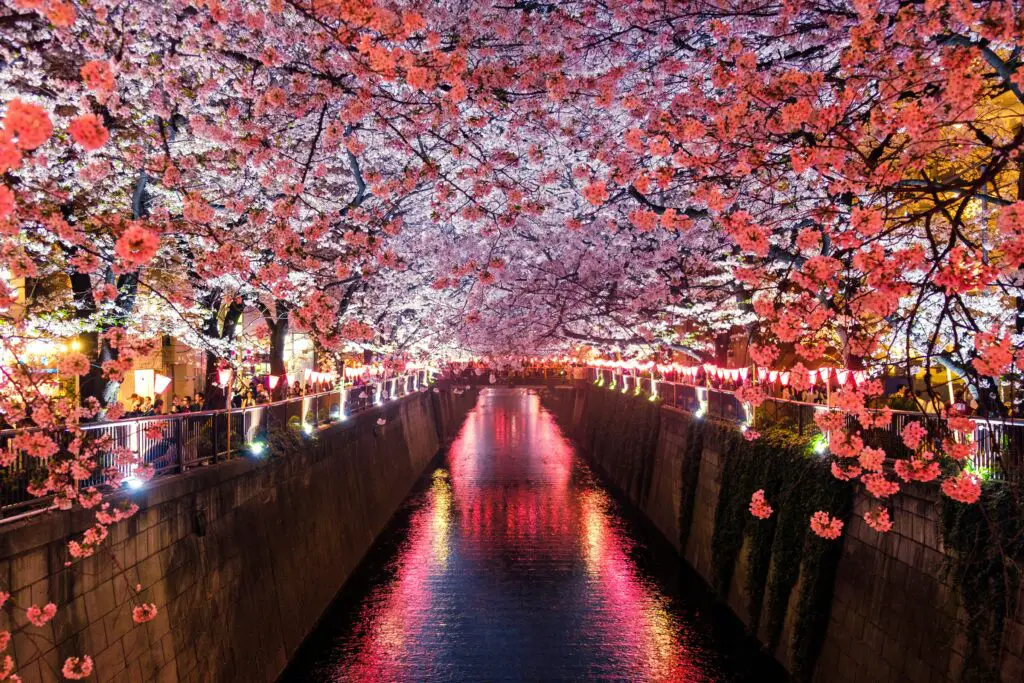
India
India’s LGBTQ+ rights landscape has seen significant progress over the years, particularly through the judiciary’s efforts rather than legislative changes. The country’s historical stance on LGBTQ+ matters reveals a culture that did not criminalize same-sex relationships or expressions of gender identity until the colonial era introduced stringent laws.
One of the most significant legal milestones in recent history is the Supreme Court of India’s decision in 2018 to decriminalize homosexuality by striking down Section 377 of the Indian Penal Code. This landmark ruling was celebrated for recognizing the rights of LGBTQIA+ individuals and marking a step towards equality and dignity for the community.
Despite these advances, our LGBTQ+ community in India continues to face challenges. Same-sex marriage, civil unions, and partnership certificates are not yet recognized, leaving LGBTQ+ individuals without the same legal protections as heterosexual couples. Nonetheless, there is a strong movement towards greater acceptance and rights. Vibrant gay communities are found in major cities like Mumbai, Delhi, Bangalore, and Kolkata. These cities have become hubs for LGBTQ+ culture and activism, hosting Delhi Pride, Mumbai Pride, Kolkata Rainbow Pride Walk, and Bengaluru Namma Pride March.
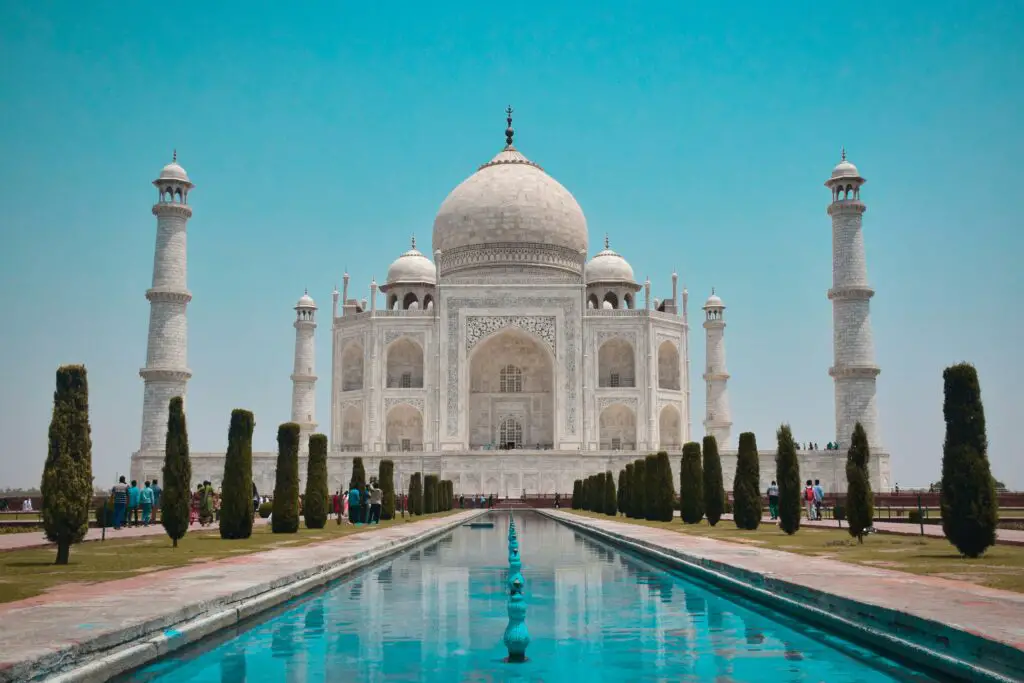
Vietnam
Vietnam’s LGBTQ+ rights landscape has seen positive developments in recent years, reflecting a progressive shift in societal attitudes and legal recognition. Notably, in 2015, Vietnam made significant progress by legalizing gender reassignment surgery, which was a monumental step toward the rights of transgender individuals. Vietnam has also taken a stand against conversion therapy, banning the practice and affirming that LGBTQ+ individuals are not diseased.
However, despite these advances, Vietnam’s legal framework still does not fully recognize or protect LGBTQ+ rights comprehensively. Same-sex marriage remains unrecognized, though the act of conducting same-sex wedding ceremonies or attempts to register such unions has been decriminalized since 2013. This reflects a nuanced approach towards LGBTQ+ relationships, providing a form of social acceptance but not granting full legal rights.
Social acceptance of LGBTQ+ individuals in Vietnam is on a positive trajectory, with a notable portion of the population expressing support for same-sex marriage.
Ho Chi Minh City, often referred to as Saigon, is a fast-moving metropolis where the gay scene is thriving with an excellent selection of gay bars, clubs, and saunas. District 1, in particular, is highlighted as the epicenter of the city’s main gay scene, offering great-value hotels and a plethora of gay nightlife options.
Hanoi, the capital, though noted for having a smaller gay scene, still offers a rich tapestry for LGBTQ+ travelers. The city’s historic Old Quarter is home to hip gay cafes, bars, and clubs that are primarily catering to our LGBTQ community. Hanoi Pride is hosted annually every August, spreading messages of love and tolerance through the streets.
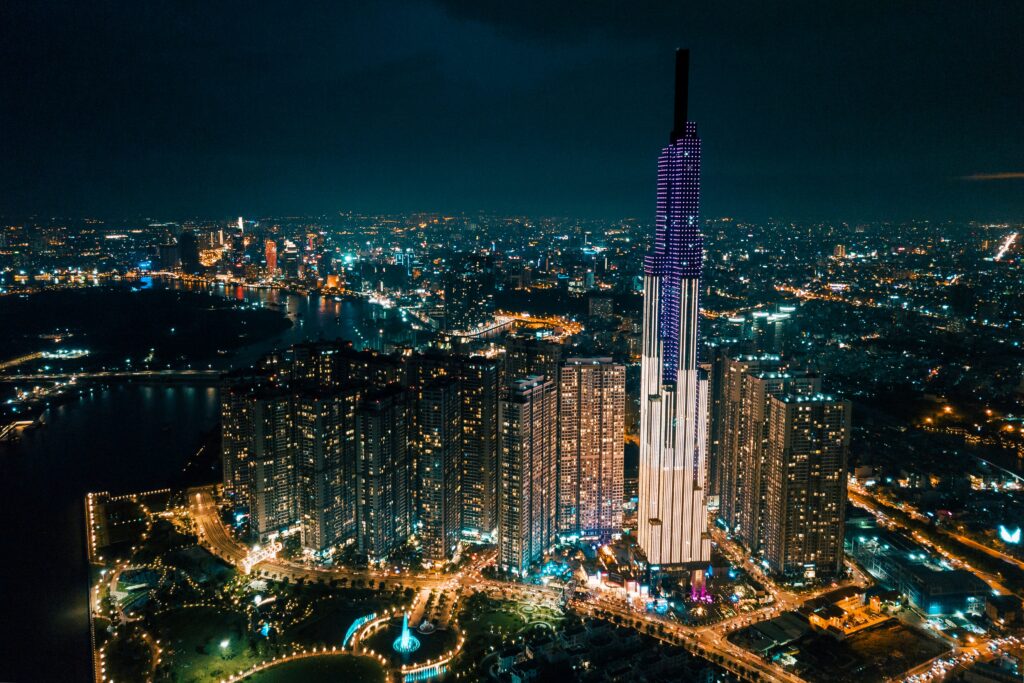
South Korea
South Korea, a nation where traditional values intersect with cutting-edge modernity, offers a complex but evolving landscape for LGBTQ+ individuals and travelers. The country’s history reveals a past where homosexual relationships were present and sometimes celebrated, as seen in the noble classes and warrior groups of the Silla Dynasty and the royal courts of the Goryeo Dynasty. Despite this, the introduction of Neo-Confucianism, emphasizing strict social order and family units, marked a period where homosexuality began to be viewed as deviant. Today, while homosexuality is legal, South Korea does not recognize same-sex marriages, and LGBTQ+ individuals still face significant challenges, including the absence of comprehensive anti-discrimination laws.
The LGBTQ+ scene, particularly in Seoul, is vibrant and increasingly visible, with various bars, clubs, and cafes catering to our community. Annual events, like the Seoul Queer Culture Festival, celebrate LGBTQ+ culture and promote equality, serving as high points in the community’s calendar. Seoul, known for its dynamic mix of history and technology, offers neighborhoods like Gangnam and Hongdae, which are friendly and close to many LGBTQ+ venues and events.
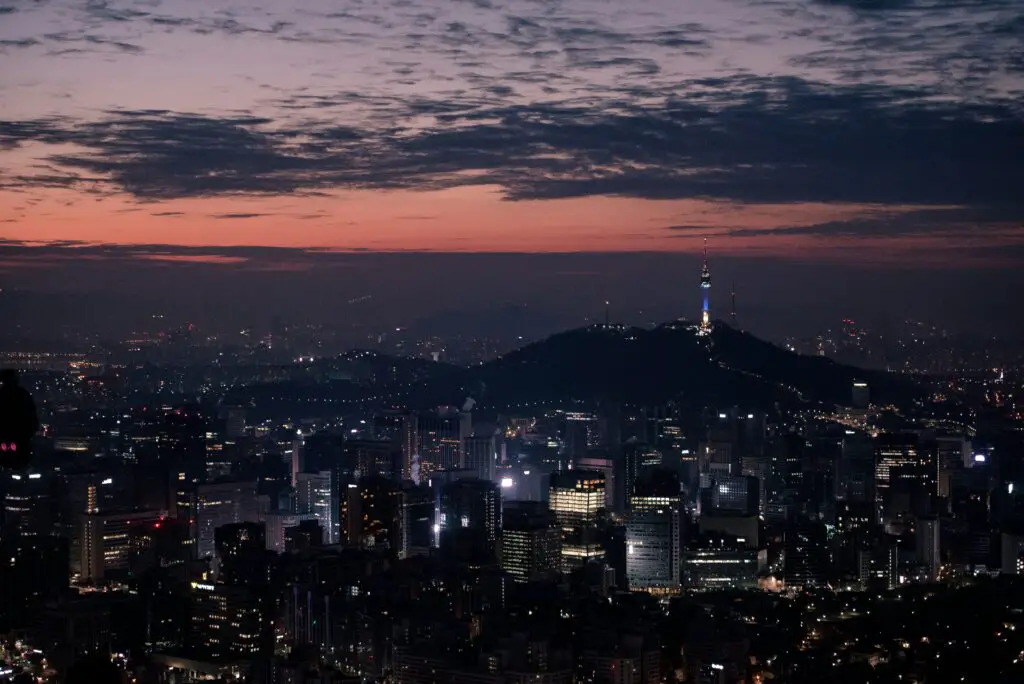
Nepal
Nepal has made notable progress in legal and social recognition of LGBTQ+ rights, making it a destination of interest for LGBTQ+ travelers. Since the groundbreaking 2007 Supreme Court ruling, Nepal has moved towards inclusivity by legally recognizing a third gender, auditing laws discriminatory towards LGBTQ+ individuals, and paving the way for considerations around same-sex marriage. This transformation positioned Nepal as a beacon of LGBTQ+ rights in Asia.
Tourism in Nepal is marketed as LGBTQ+ friendly, with efforts to promote the country as an inclusive destination through initiatives like sensitivity training for the hospitality industry. The Nepal Tourism Board’s actions to attract LGBTQ+ tourists reflect an understanding of the economic potential of inclusive tourism. Kathmandu, with its vibrant LGBTQ+ scene centered in Thamel, offers a variety of bars, clubs, and cultural sites that cater to LGBTQ+ visitors. Pokhara and Lumbini are also highlighted as cities worth visiting for their natural beauty and cultural significance.
Recent developments include the Supreme Court’s interim order for registering same-sex marriages and the announcement of a Pink Tourism conference, further signaling Nepal’s commitment to becoming a more inclusive society for LGBTQ+ individuals. Public displays of affection, regardless of sexual orientation, are more accepted among the younger generation, though Nepal remains conservative regarding public intimacy.
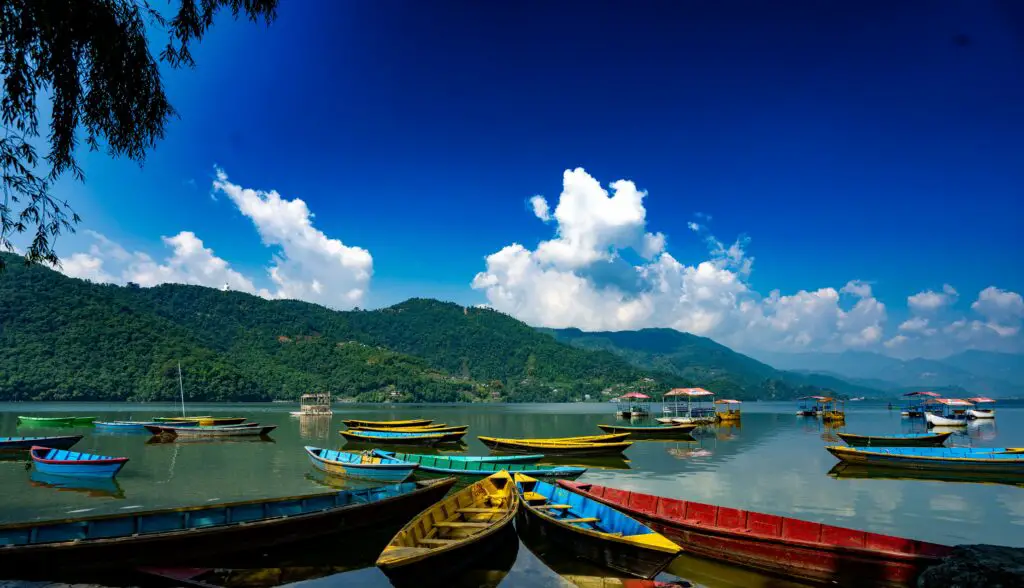
The Philippines
The Philippines is a nation that, despite its conservative background, is recognized for its warm hospitality towards our LGBTQ+ community. Homosexuality is legal in the Philippines, and while gay marriage remains unrecognized and changing one’s gender is illegal, the country’s approach towards LGBTQ+ rights and public opinion shows a complex but evolving landscape.
The Philippines boasts a vibrant LGBTQ+ culture, enriched by historical roots where individuals exhibiting homosexual inclinations held significant roles in pre-colonial society. Today, the LGBTQ+ community is visibly active, with Manila hosting Metro Manila Pride, the largest pride event in Southeast Asia, attracting more than 70,000 people in 2019.
Cebu, another major city, is noted for its LGBTQ+ friendly vibe, offering a variety of attractions from historical landmarks like Magellan’s Cross to modern sites such as Cebu Ocean Park. The cultural fabric of the Philippines is further colored by LGBTQ+ culture, including the use of “Swardspeak,” a unique cant utilized by the Filipino LGBTQ+ community, and the visibility of LGBTQ+ celebrities and personalities.
Legal efforts to support our LGBTQ+ community have seen progress, such as the approval of the SOGIE Equality Bill by the House of Representatives in 2017, aimed at prohibiting discrimination against LGBTQ+ individuals. Yet, the journey towards full legal recognition and protection continues, with same-sex marriage proposals having yet to be passed and ongoing challenges in discrimination and public perception.
Tourism efforts have aimed at making the Philippines a more LGBTQ+-friendly destination, with local government initiatives supporting community voices and promoting inclusivity.
Cambodia
Cambodia is a country that, while not having the most progressive laws in terms of LGBTQ+ rights, offers a welcoming atmosphere for visitors. Cambodia’s approach to LGBTQ+ issues is notably tolerant compared to many other nations, with no history of criminalizing same-sex activities. The age of consent is set at 15, regardless of gender or sexual orientation.
Legal frameworks in Cambodia have yet to fully embrace LGBTQ+ rights, with same-sex marriage unrecognized and no provision for legal gender changes. Despite this, the country’s constitution guarantees equal rights for all citizens, albeit without explicitly addressing discrimination based on sexual orientation or gender identity.
Cambodia’s societal attitude towards our LGBTQ+ community is generally accepting, especially in urban centers like Phnom Penh, which hosts a vibrant LGBTQ+ scene. While major pride events are scarce, small pride celebrations have occurred annually since 2003, and the government has introduced “Life Skills” courses in schools to educate students on LGBTQ+ issues. Adoption laws allow LGBT individuals to adopt children, indicating a degree of social openness not seen in all aspects of legal recognition.
The nightlife and social scene in Phnom Penh are highlighted by popular LGBTQ+ venues such as Blue Chili, Pride of Phnom Penh, and Rainbow Bar, known for their drag shows, friendly staff, and welcoming atmospheres. This underscores Phnom Penh’s growing reputation as a cosmopolitan and inclusive destination.
China
China offers a rich tapestry of history and culture for LGBTQ+ travelers, woven with threads of both acceptance and challenges. The historical perspective on LGBTQ+ rights in China is complex. Ancient dynasties like the Zhou and Han celebrated homosexual relationships, with such acceptance reflected in literature and royal practices. However, from the Qing dynasty onward, legal restrictions began to emerge, culminating in laws against homosexual acts that were only repealed in 1997. Today, the legal and social landscape for LGBTQ+ individuals in China is marked by a cautious government stance of “no approval, no disapproval, and no promotion,” with significant legal rights such as same-sex marriage recognition still absent and media censorship of LGBTQ+ representations persisting.
Despite these challenges, there is a vibrant LGBTQ+ community in China, particularly in metropolitan areas like Shanghai and Beijing. These cities have become hubs of LGBTQ+ culture and activism, hosting events and spaces that celebrate LGBTQ+ identities. Among the notable events, Shanghai Pride stands out as a beacon of visibility and solidarity for our community. Launched in 2009, Shanghai Pride was the first event of its kind in mainland China, featuring a week-long celebration with diverse activities including art exhibitions, panel discussions, and social events aimed at raising awareness and fostering a sense of community.
Another key event in the LGBTQ+ calendar is the Beijing Queer Film Festival, which has navigated complex regulations to showcase LGBTQ+ cinema from China and beyond. These events, along with community gatherings and advocacy efforts by organizations like the Beijing LGBT Center, highlight the resilience and vibrancy of our LGBTQ+ community in China.
